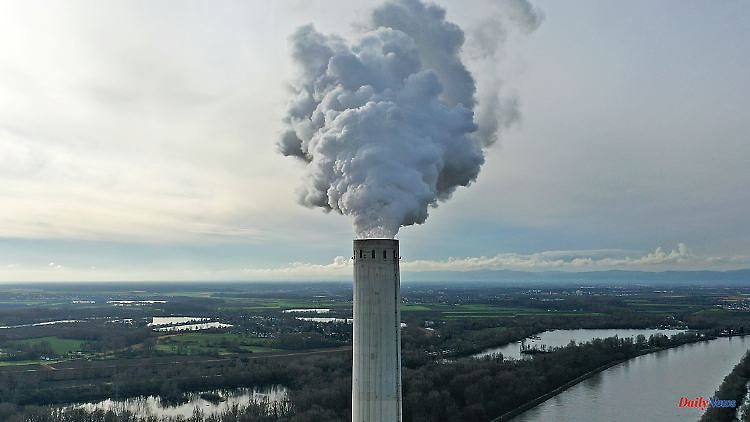While prices on the energy market are in some cases significantly easing, companies should not breathe a sigh of relief prematurely. A study predicts the economy will experience the most severe cost shock in 2023. However, companies in Italy and Spain are suffering more than in Germany.
In the current year, German companies will have to prepare for significantly greater burdens from high energy prices than in 2022. According to the Allianz Trade study published in Hamburg, energy prices in 2023 are likely to be around 40 percent higher than before the start of the Russian war of aggression against Ukraine. However, the state gas price cap is clearly cushioning the price development.
The actual energy price shock is still to come, said the credit insurer Allianz Trade. One reason for this is that long-term supply contracts are gradually expiring. State support would also have contributed to the relaxation in 2022. Of course, this relaxation also applies to the current year, it said with reference to the gas price cap. In addition, German companies are "crisis-proof and solidly financed," explained Allianz Trade boss for Germany, Austria and Switzerland, Milo Bogaerts.
However, on average, energy consumption accounts for only a small part of the production costs in the manufacturing sector, it said. Labor costs and exchange rates would have a much greater impact on price competitiveness. Therefore, concerns about de-industrialization because of the high costs of electricity and gas are unfounded.
However, the situation is much more difficult in other European countries. "For Italy and Spain, we expect prices to increase more than twice as much in 2023, up 90 percent compared to 2021," Bogaerts said. As a result, "some sectors in Europe are likely to lose market share," explained Allianz Trade chief economist Maxime Darmet. Above all, the energy price gap between Europe and the USA, where the price increase has been significantly lower, is problematic.












